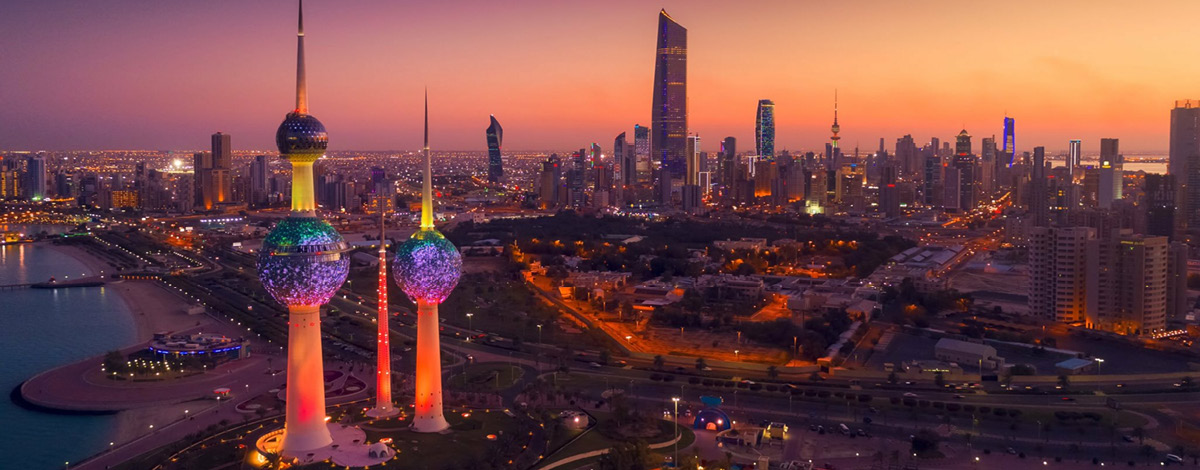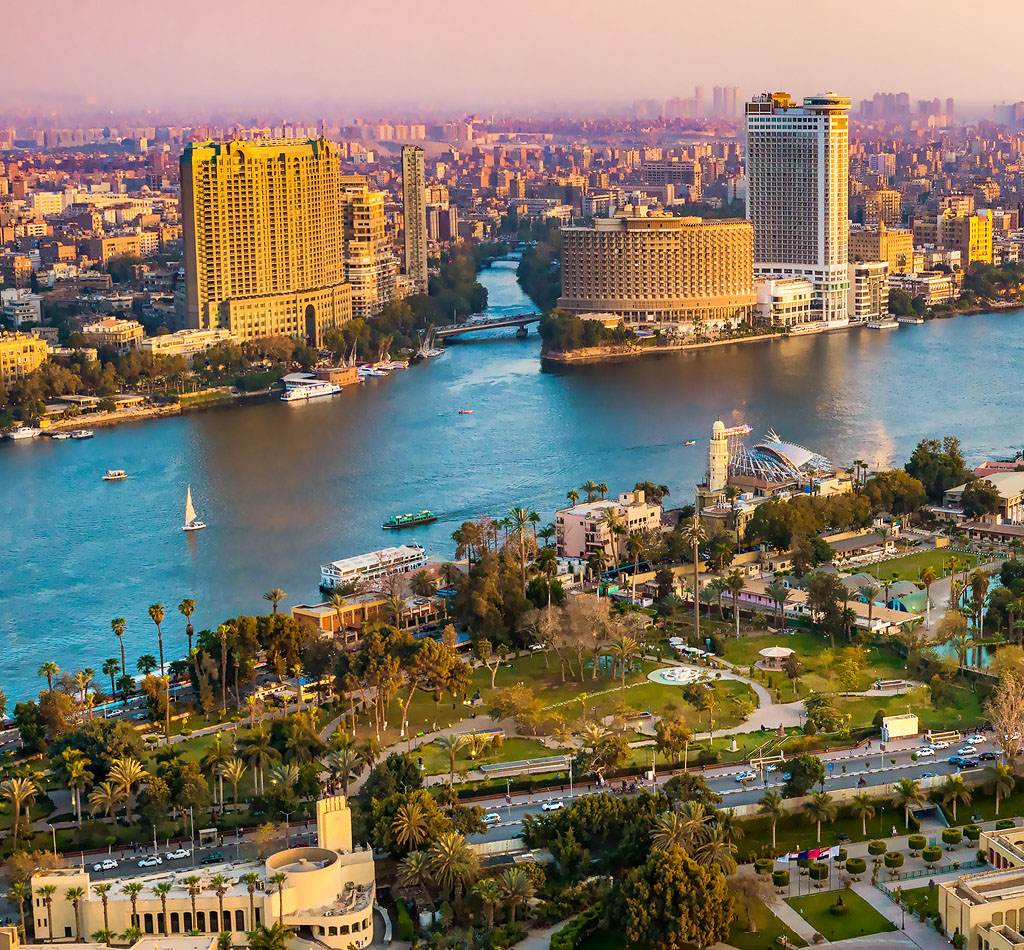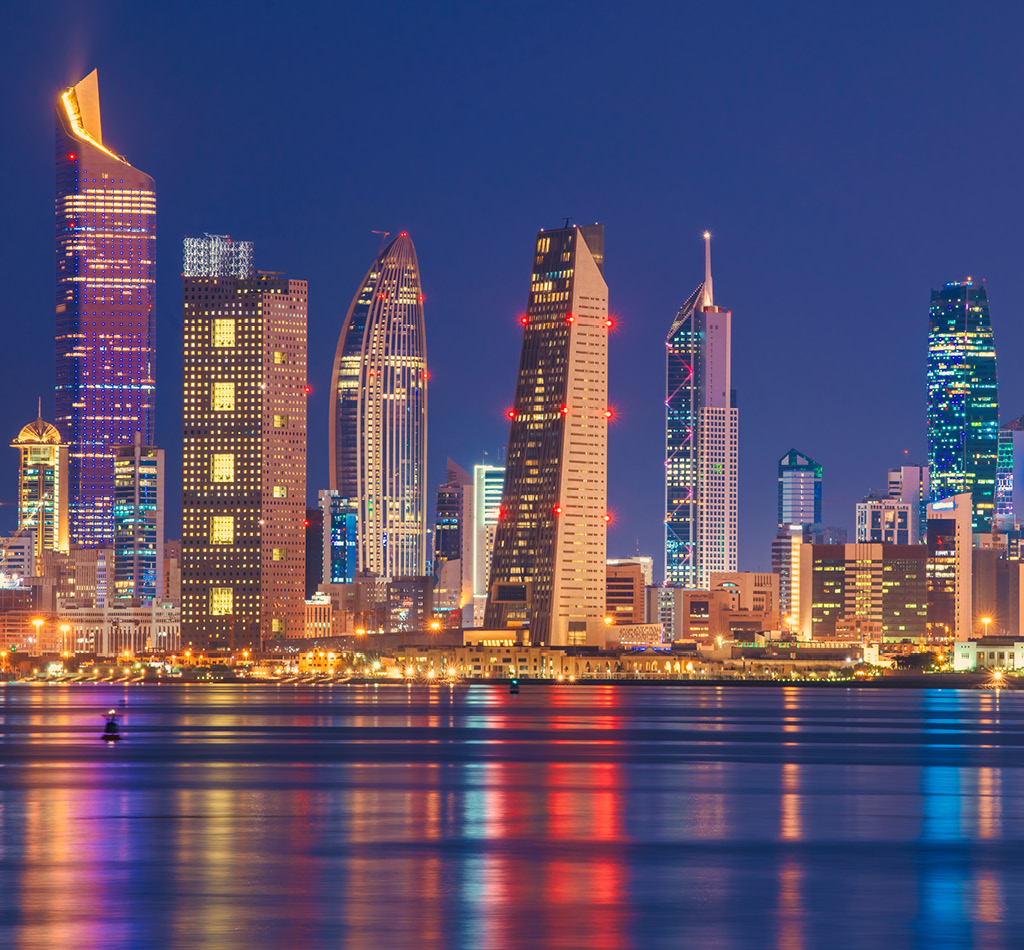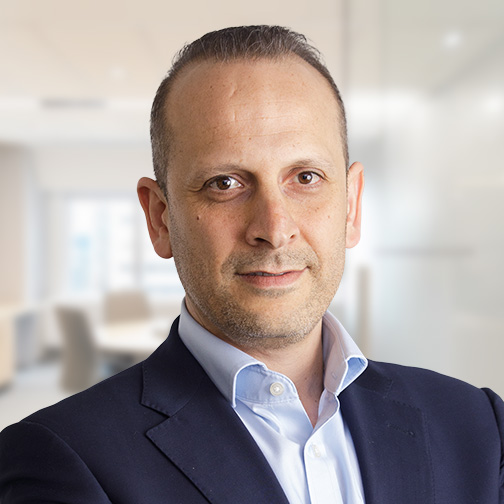Commentary
MENA Q2 2024 Manager Letter
August 7, 2024

MENA equity markets had a weak second quarter of 2024 with returns of -4.2% (for the S&P Pan Arabian Index Total Return), trailing the MSCI Emerging Markets Index which was up 5% in the same period. For the first half of 2024, MENA equity markets are up 3.0% compared to 7.5% for the MSCI EM index.
The performance drag in the quarter can be partly attributed to a surge in equity capital market activity that led investors to sell existing positions to fund a long list of initial public offerings and secondary sales. Top of the list was the $12bn secondary share sale of Saudi Aramco, which drew strong demand from foreign and local investors and was reportedly multiple times oversubscribed. For context, the Saudi Aramco equity raise is equivalent to 5.5x the average daily traded value for the entire Saudi market in the second quarter of 2024 and resulted in an increase of ~3% in the market’s aggregate free float market capitalisation. (Note: much more money was actually drained out of the market given oversubscription levels).
In November 2019, when Saudi Aramco first listed, foreign investors were demonstrably absent from the deal, as many viewed both the company and the country as non-core and even un-investable. Less than five years later, foreign investors are reported to have accounted for over 60% of the $12bn Aramco share placement. This is a strong vote of confidence in the Saudi market, and an indication of the credibility that it has deservedly earned with foreign investors in a short period of time. Excluding Aramco, seven other transactions concluded in Saudi and the UAE in the second quarter, with an aggregate amount raised of $3.4bn. While this pace of capital raising is typically associated with a rich valuation environment (i.e., a low cost of equity and high multiples), we believe it serves the strategy well as it strengthens our long-term thesis on capital market development in the region.
As discussed in previous letters, we believe the region’s share of global market capitalisation will steadily increase over time and we have expressed that theme through an investment in Saudi Tadawul Group, the country’s stock exchange holding company. Moreover, the combination of new listings and higher free floats is deepening the strategy’s investable universe and opening opportunities for the strategy to invest in strong businesses in healthcare, technology, and infrastructure, sectors that have not been well represented in MENA public markets historically.
Two key, related events in the quarter were the dissolution of the Kuwaiti National Assembly and the suspension of certain articles in the Constitution related to legislative powers in the country. This surprise announcement was made in a televised speech on Friday May 10th by Kuwait’s Emir Sheikh Meshal Al Ahmad Al Sabbah. The Emir came to power in December 2023 after the passing of his predecessor. His televised speech demonstrated clear intentions to break the cycle of policy paralysis and deadlock that has plagued the country due to the hostile and volatile relationship between parliament and government.
Kuwait has had four elections in the last five years and its economy has suffered from very low economic growth, a bloated public sector, rising levels of corruption, and crumbling infrastructure (most recently on display in late June when the country announced power cuts due to peak seasonal demand in the summer). The decision by the Emir to strip parliament of nearly all its powers and transfer control to the government will likely mean that stalled and much-needed economic policy legislations like the debt and mortgage laws, approval of national development plans, and fiscal reforms will now see the light of day.
This is a significant development for Kuwait that we expect will unlock a capex cycle that will have to catch up on nearly twenty years of significant under-investment. To position for this, the strategy invested in National Bank of Kuwait (NBK), the country’s largest corporate bank with over 30% share of system loans. We believe NBK’s strong deposit franchise and market leadership puts it in a strong position to benefit from a multi-year loan growth cycle that we expect will commence in the second half of 2025.
Our team spent some time in Morocco this quarter meeting with portfolio and prospective companies. The primary objective of this trip was to validate the strategy’s investment in Aktidal Group (AKT), a leading healthcare provider in the country with ~15% of the private bed capacity in the country. (Note: the private sector accounts for ~30% of total bed capacity). AKT operates 2,532 beds in 23 sites spread across 11 cities. The clinics managed by AKT are reputed for their quality of care and are known for the strength of their oncology department (~30% of consolidated revenue). The Moroccan healthcare market is severely under-served, with bed and physician per 1,000 persons below regional averages and well below WHO recommended levels. (A WHO study ranks Morocco 79th of 115 countries in doctors per capita). To address this shortage, the Moroccan government embarked on a series of reforms including the rolling out of a universal healthcare scheme and the removal of a restriction that allowed only doctors to invest in the sector. AKT is at the forefront of the growth in the sector, as has been validated in its 2023 results which showed revenue and operating profit growth of 84% and 86% respectively. Site visits and meetings with Moroccan doctors and competitors of AKT during our trip validated the company’s brand and reputation in the market, and highlighted the growth opportunity that lies ahead for the company.
We look forward to continuing to update you on the strategy in the next letter.



